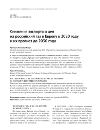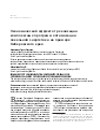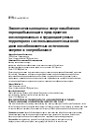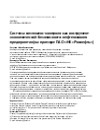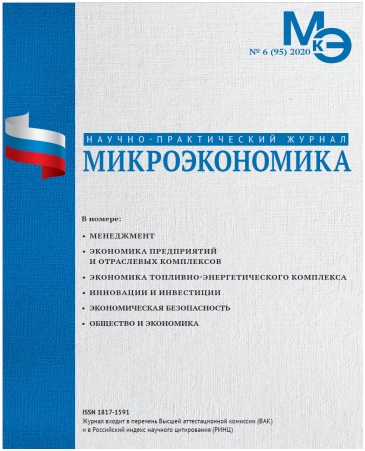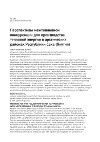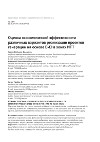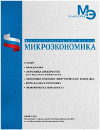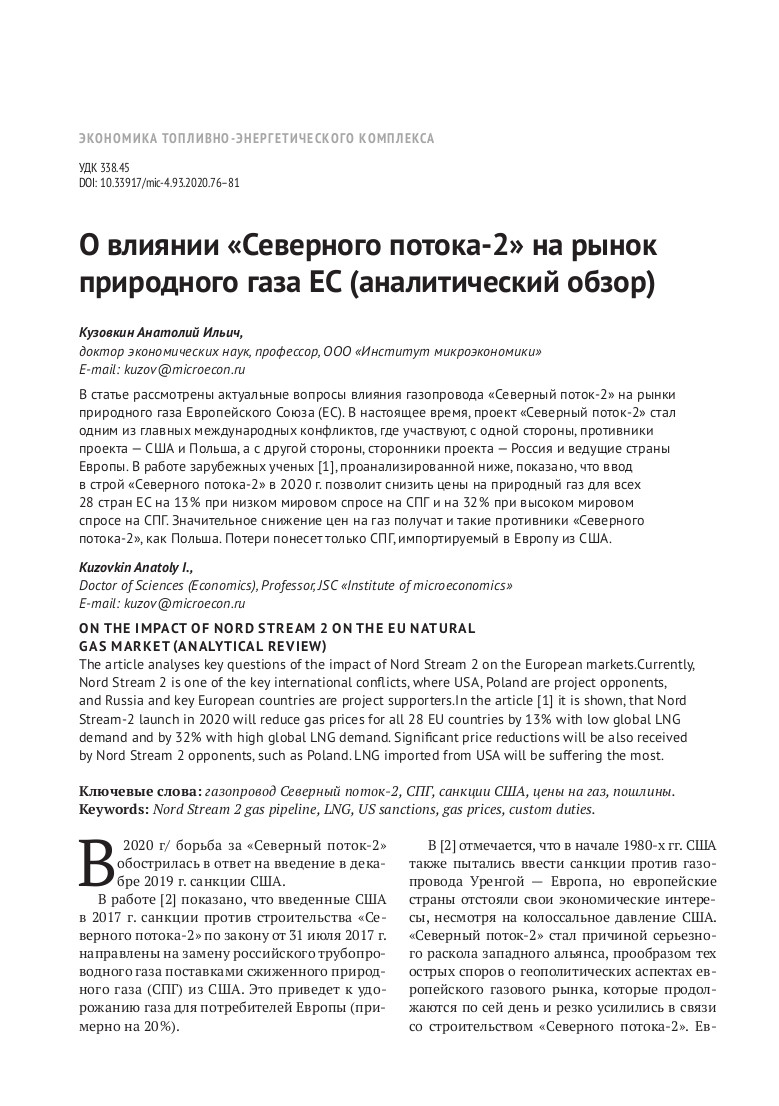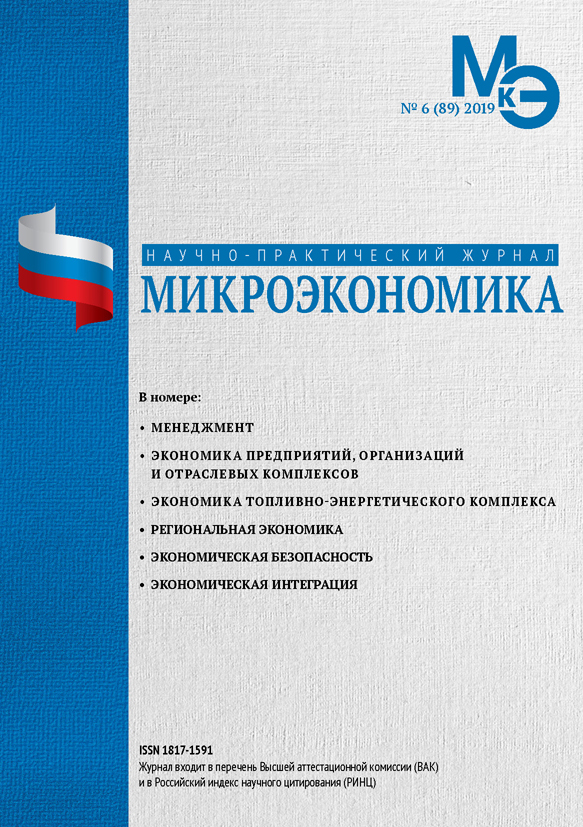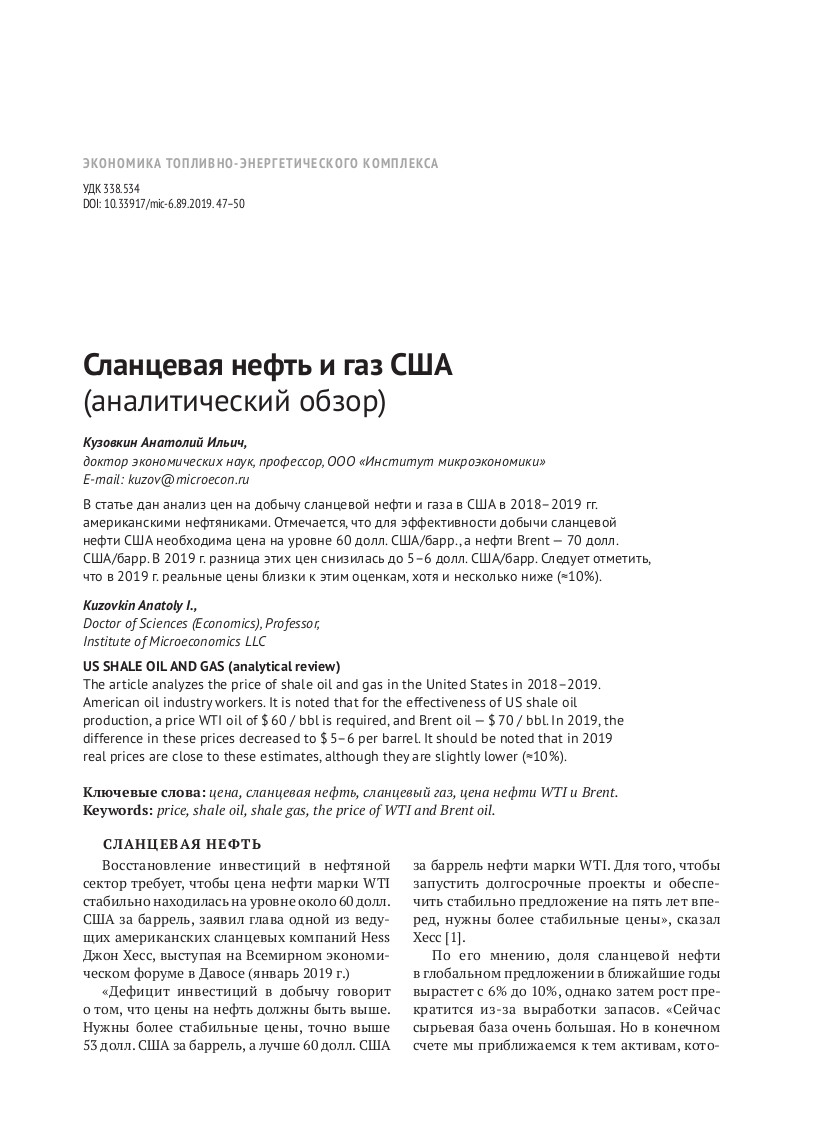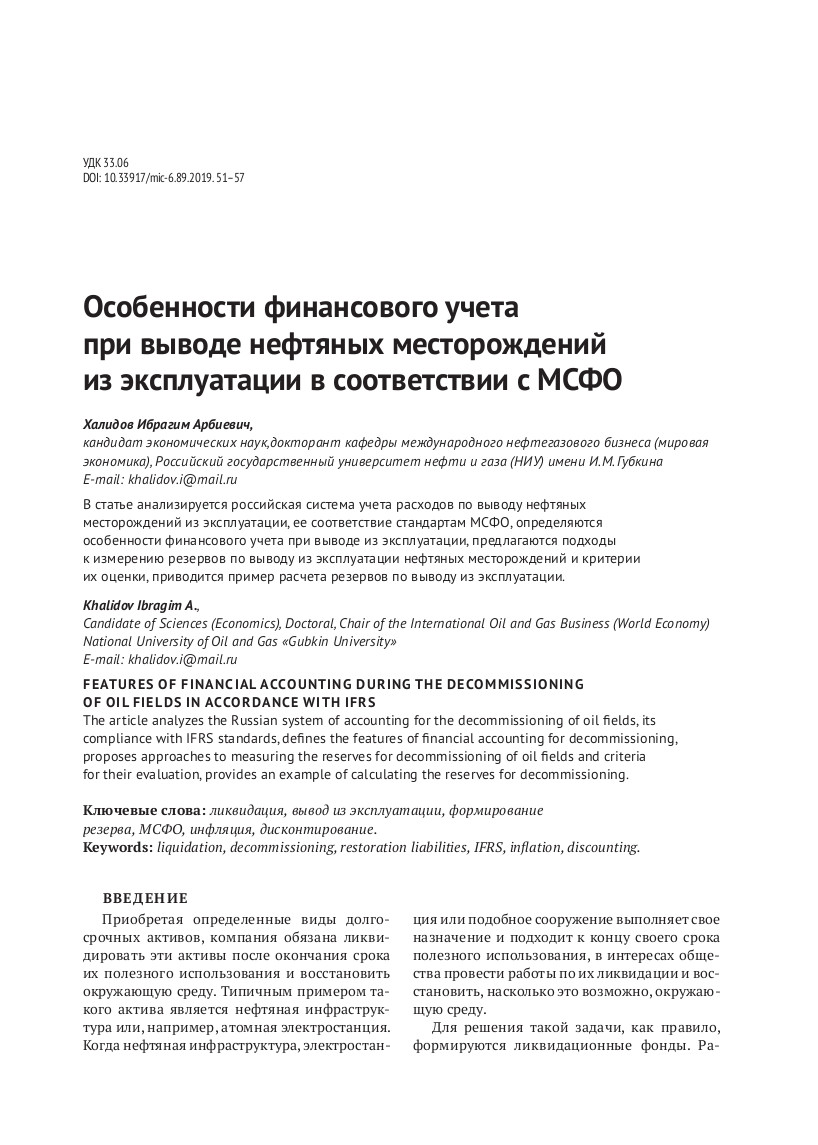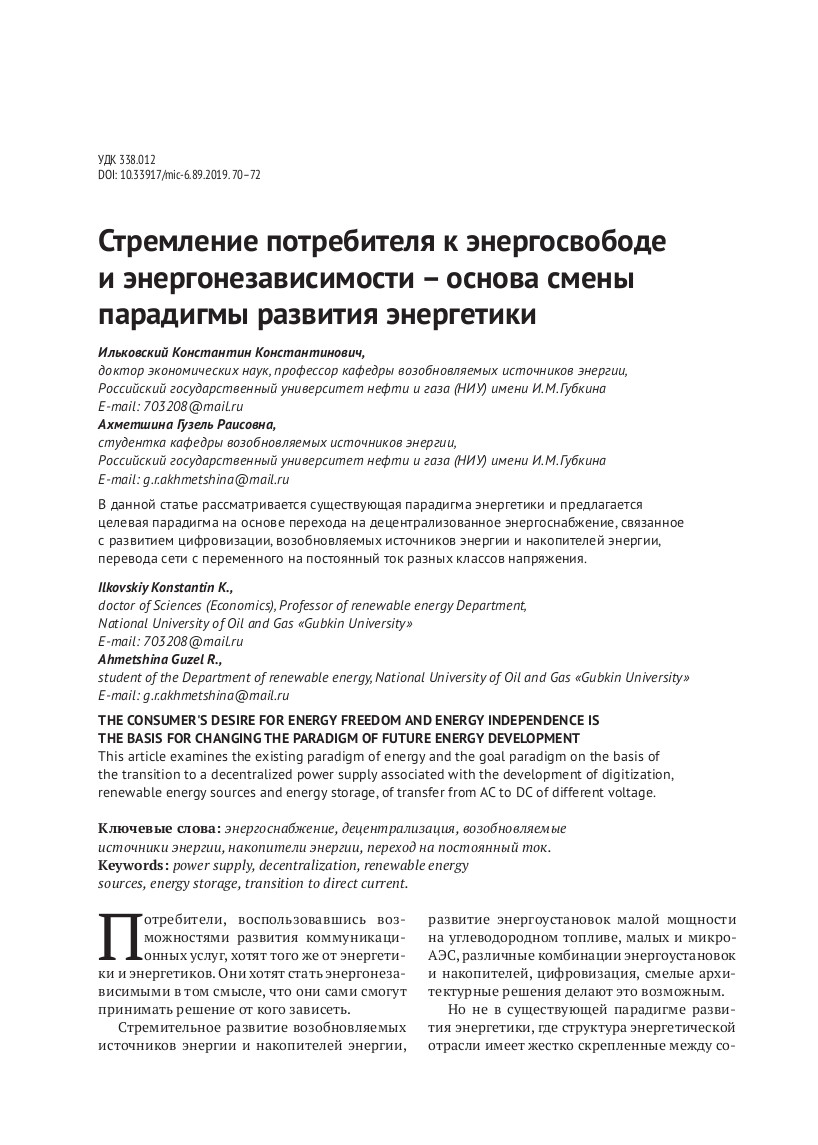Decline in Russian gas exports and prices to Europe in 2020 and their forecast until 2030
DOI: 10.33917/mic-1.96.2021.62-71
The article provides research on Russian natural gas drastic decrease in volume and prices in Europe in 2020, specifically Gazprom piped gas. The key factors of such decrease are economic growth slowdown due to pandemic, warm weather and competition with US LNG. At the end of the year, US LNG shifted focus to Asia markets, where the demand and prices for LNG increased. 2030 outlook for natural gas volumes and prices sourced from Russia and US LNG to Europe is given.



